GO AD FREE | Get your Digital Subscription for only 50p a week! Use code SUMMER
GET STARTEDMore on KentOnline
GO AD FREE | Get your Digital Subscription for only 50p a week! Use code SUMMER
GET STARTEDMore on KentOnline
Home Kent Business The Future List

Click on a company to see more details...
A supplier of blood plasma for scientific research which is exporting around the world.
Based at Kent Science Park, it is growing turnover at 40% a year. It won the Queen’s Award for International Trade in 2015, with 98% of revenues coming from exports to countries like China and South Korea. It was formed in 2010 by Lithuanian-born but American-raised entrepreneur Giedre Brandao.
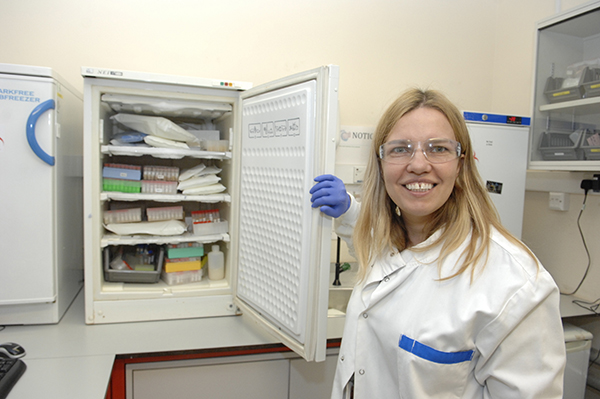
Mrs Brandao spotted a need for measured and verified blood products across the globe to test for rare diseases.
This magnetic filter manufacturer helps remove rust from heating systems. Its filters – invented by company founder Chris Adey, a former British Gas apprentice – collect damaging black iron oxide sludge that builds-up in heating systems.
A former winner of the Queen’s Award for Innovation, its research and development team is increasing its range of products.
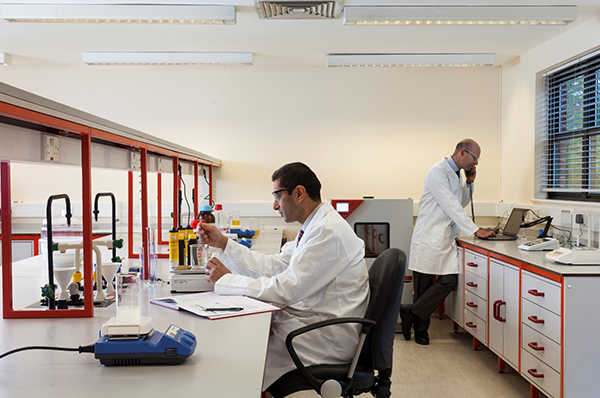
It is installed in more than three million homes around Europe, prolonging the life of radiators and making them more efficient, reducing heating bills.
Using patented technology, this company is developing ways to meet the growing demand for Omega 3 supplements and oils without depleting the world’s fish stocks. It farms algae, which fish feed on to produce Omega 3, and uses its systems to cut out the middle fish to develop the nutrients directly.
As well as the food supplement sector, its technology can be applied to the cosmetics industry. Its research centre is based at Discovery Park.
Its chief executive is Naz Bashir, pictured.
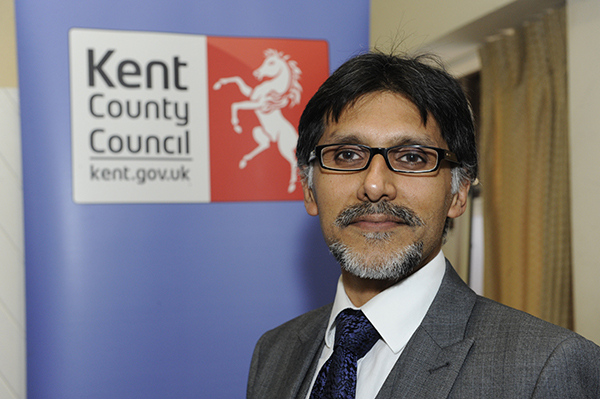
Finding a sustainable way to produce Omega 3, which has a range of health benefits.

Using molecular detection technology, this company finds traces of elements in the air. This is used to seek out explosives, drugs and chemical weapons. By counting individual ions, it can measure at a sensitivity several times greater than parts per trillion, which it claims is 10,000 times more sensitive than anything else on the market.
It has contracts with the Home Office and the Ministry of Defence and has its head office, laboratories and workshops at the Canterbury Innovation Centre.
This technology is being developed to help rid the world of landmines.

The defence giant employs 1,350 people at its site in Marconi Way, a namecheck to its previous existence before the merger of British Aerospace and Marconi Electronic Systems in 1999. It produces helmet-mounted displays and major parts for aircraft. It has also developed its research for non-military commercial uses, particularly hybrid drives.
Four million passengers each day travel on buses powered by its hybrid electric propulsion system, saving diesel fuel and protecting the environment. About 6% of its workforce is made up of apprentices.
Producing skilled young people and applying its weapons technology to reduce public transport’s carbon footprint.
A medical instrument manufacturer which makes breath and gas monitors. In business since 1976, its tools can track levels of carbon monoxide on the breath to help people stop smoking or screen for poisoning.
It sold subsidiary business NOxBOX, which makes monitoring instruments for inhaled nitric oxide therapy, to Fortune 250 company Praxair, which has sales of $11 billion. NOxBOX is now based at Kent Science Park.
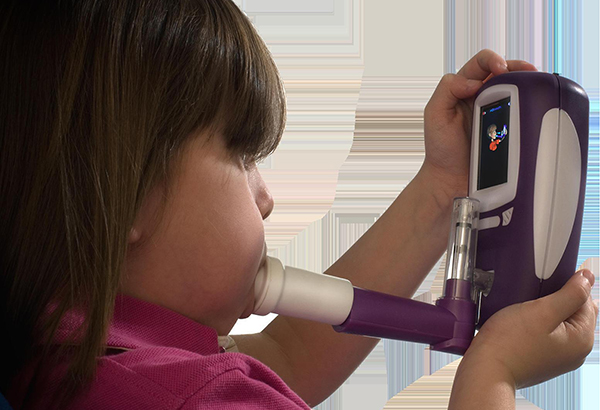
As well as breath monitoring, it makes devices to check airway inflammation to control asthma and tools to detect food intolerances.
This biotechnology company is developing technology which can programme the immune system to attack infections.
It is backed by a £6.3 million joint-venture between private equity investors Horizon and the Discovery Park Technology Investment Fund – a pot of Kent County Council cash used to acquire stakes in businesses. Its research and development facility is based at Discovery Park.
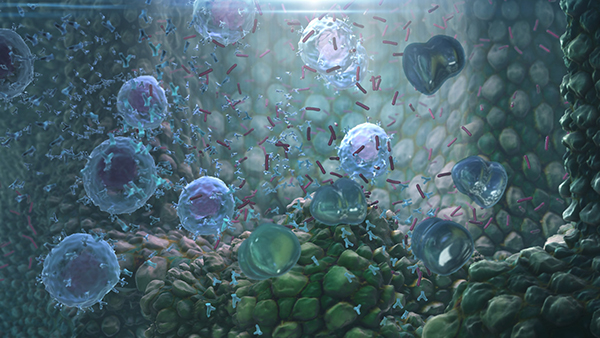
Its technology creates “programmable immunity”, putting synthesised molecules in the body which redirect naturally-occurring antibodies to fight infection.
A sustainable energy company which has developed a clean, low-cost technology for drying low-grade coal and biomass. It has the ability to extract moisture from coal, which improves its quality, without using heat, which reduces its burning value. The technology increases the heat – or calorific value – of coal and biomass by up to 43%, improves efficiency at power plants and reduces CO2 emissions by up to 15%.
It has been developed with the Wolfson Centre at the University of Greenwich in Chatham. Based at Discovery Park.
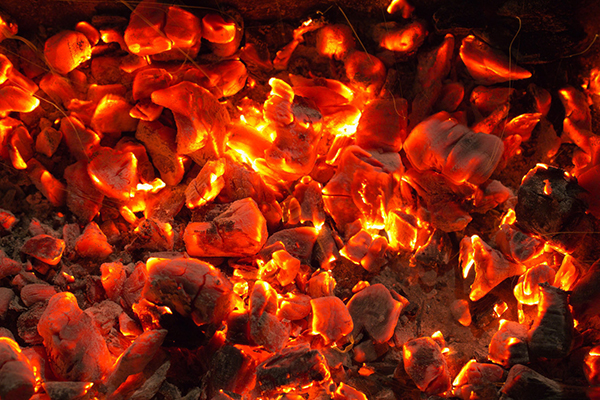
It is creating a way of burning coal and biomass which is better for the environment and helps meet the world’s energy needs.
This technology giant is developing the next generation of diesel engines. Operating in 46 countries, its global headquarters are in the county, where it employs more than 800 people.
The site is home to its technical centre, where it is developing systems to reduce emissions and make transport safer. The manufacturing facility at Gillingham specialises in fuel injection to diesel engines. Generating £13.4 billion of revenues last year, it is recognised by Ethisphere Institute as one of the world’s most ethical companies.
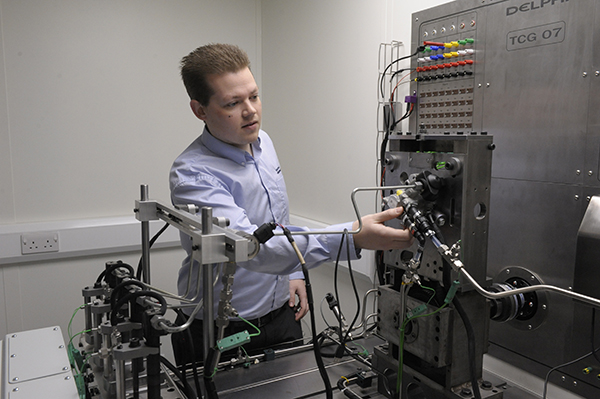
It is leading research into fuel efficient engines for most of the largest automotive equipment manufacturers in the world.
This big data company launched its first product trading.co.uk last year aimed at helping financial traders understand market-moving events before they hit the mainstream media.
It analyses up to 22 billion messages on social each day and 10GB of data per second to keep its customers right up to speed with the latest activity and sentiments about different companies and commodities. It is powered by two core pieces of technology, developed in-house, which first finds the data and then filters and processes the information into content for users.
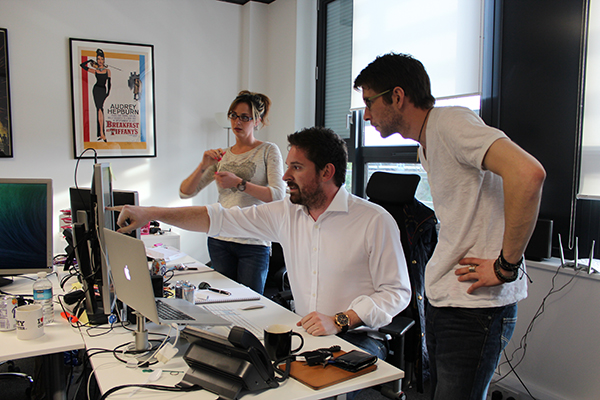
It is giving quicker insights to people managing stocks and shares but could also be developed to give early warnings of developing stories to media organisations.
The company began by taking old fire hoses and transforming them into desirable handmade products like purses, wallets, handbags and laptop cases.
After initially focusing on hoses, it has expanded to develop products from other waste products like parachute silk, shoe boxes, coffee sacks and auction banners. Stocked in 10 countries, it has repurposed more than 200 tonnes of material into functional and stylish accessories and home goods.
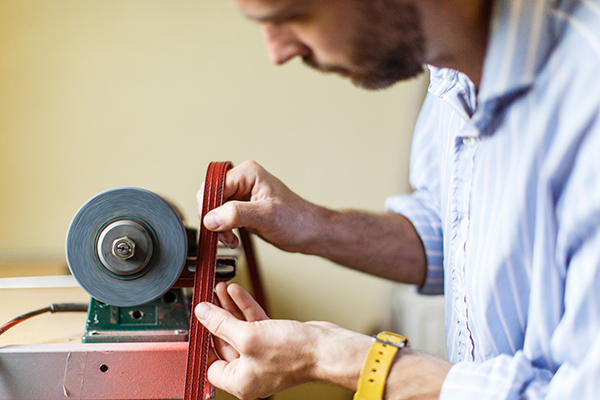
It is transforming material which would have been sent to landfill.
Saving the ears of nearby residents, this firm manages noise levels created by big events and festivals. It is a subsidiary of sound engineering and installation business F1 Sound Co.
It measures where events create the most noise and vibrations and creates plans and controls to limit the effects. It is also employed to write impact assessments on large scale developments in residential, commercial, industrial and off-shore wind farms.

It is approaching noise management in a scientific manner and using technology to improve the management of noise in the huge festival market.
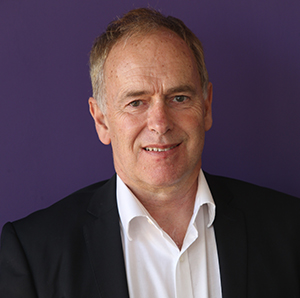
He is a leading figure in the development and operation of science and technology parks. He has led the renovation of Pfizer’s former European research and development headquarters in Sandwich into Discovery Park, which now is home to around 150 companies employing 2,500 people. He began work on the redevelopment of the former Manston airport site in April.
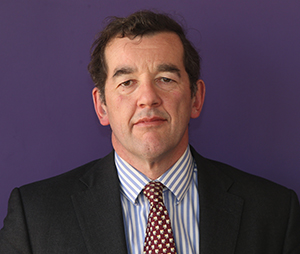
A former army officer with the Queen’s Dragoon Guards and the new site director of Kent Science Park. He leads the team which runs the 500,000sq ft campus of laboratories, offices, warehousing and manufacturing buildings, which is home to more than 80 companies employing 1,750 people. Past roles include leading a company which makes bricks using anaerobic digestion.
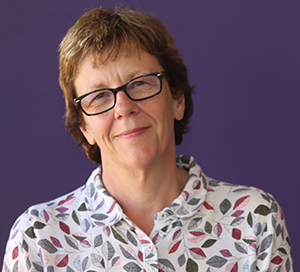
She began as a graduate designer in London and is founder and chief executive of Breakthrough Funding, which specialises in funding for innovative small and medium-sized businesses. She is an experienced non-executive director and is head of the FoodTech sector for London Tech Advocates. She was awarded Kent Business Woman of the Year 2017.
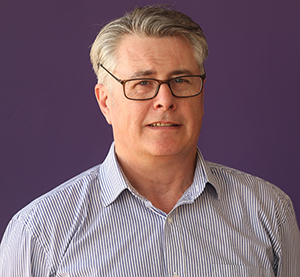
He is technology director at NCL, an investment firm which brings high-potential companies to market. He spent 35 years as an applied engineer in both the pharma and energy sectors and holds a degree in aerospace systems. He is a former commercialisation director at scientific investor PERA and an ex-technology director with SKF.
This manufacturer turns low-value commercial waste into high-value furniture on a large scale. It is the brainchild of Rod Fountain and Mary Dorrington Ward, who sold their thriving furniture dealership in 2008 to create a new business making products using only sustainable materials and methods. It started turning cardboard into furniture and now deals with various types of fibrous waste.
In June last year it opened its manufacturing centre in Discovery Park and by September, production was averaging 2,000 units a week. Products include desks, storage units, partitions, signage and even table tennis tables. Its clients include M&S, the NHS and Coca Cola.
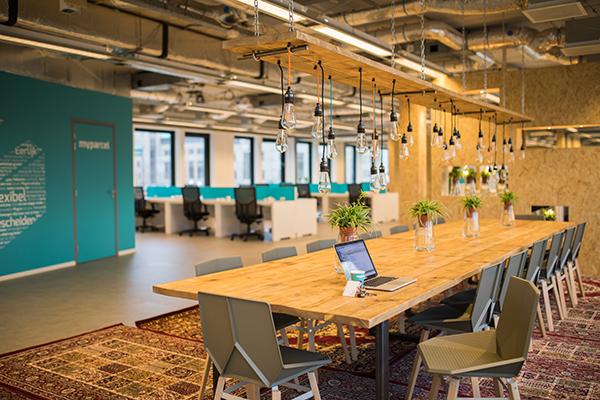
From 1,000 tonnes of waste it makes 1,000 tonnes of products and will take things back at the end of their life to create new items, creating a virtuous loop where waste becomes a resource.
This company transforms homes and businesses with its patented folding and sliding door system which appears to have no frame. Rooms are flooded with light with its windows, room dividers, screens and entrances, which are designed and developed in-house. They adhere to the latest thermal efficiency, weather resistance, security and safety specifications.
Its clients include Manchester United.

The sliding doors and windows have the smallest visible frame in the industry, creating a brighter atmosphere at home and at work.
This supplier and developer of road-safety equipment and crash barriers has created portable steel barriers which have been snapped up by firms around the world.
It crash tests its products and has made huge leaps into export markets after adding wheels to its steel barriers to make them mobile. Their crash cushions are designed to save lives when hit at speeds of up to 70mph.
It has recorded the fastest-growing export sales in Kent for two of the last three years in the MegaGrowth 50 list.
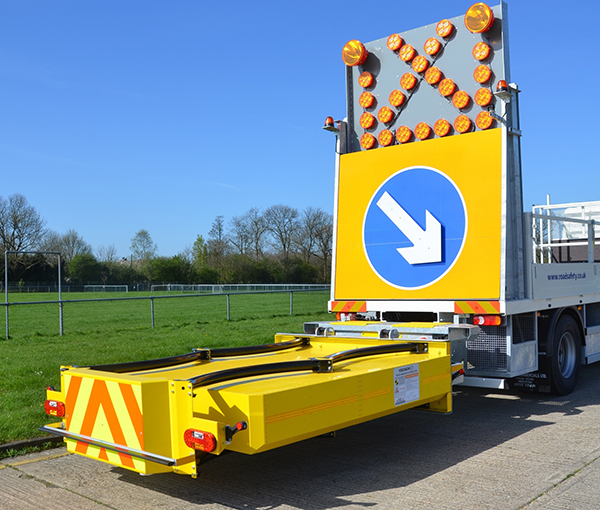
It has introduced many crash barrier innovations which are saving lives today.
This Swedish company allows passengers to use Wi-Fi on trains, buses and various forms of public transport. It opened its UK head office in Chatham Maritime in 2015 after several years based at the Medway Innovation Centre. It designs and engineers its own systems, builds its own hardware and writes its own software. Founded in 1999 by four graduates of the Chalmers Institute of Technology, its clients include bus operators Arriva and FirstGroup, ScotRail, Chiltern Railways and Siemens.
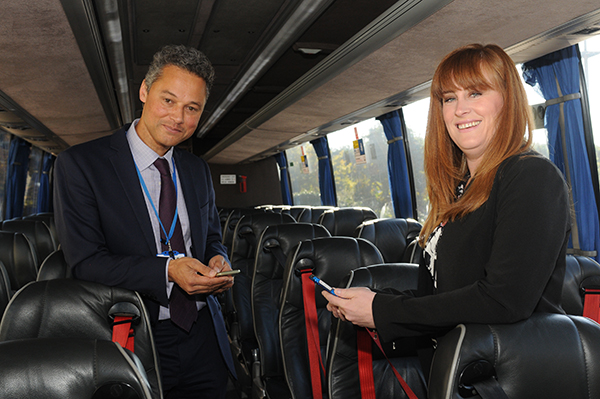
Business people and passengers can stay connected on high-speed internet while on the move.
It makes wristbands, passes, lanyards and accreditation for clients like NME, Uefa, the O2 and Vodafone. Founded in 1995, it introduced the UK’s first fabric wristband at Glastonbury in 1999, now used at festivals around the world. It was also the first to incorporate radio-frequency identification (RFID) on wristbands, which can be used for cashless payments, and many of the security locking mechanisms on the market.
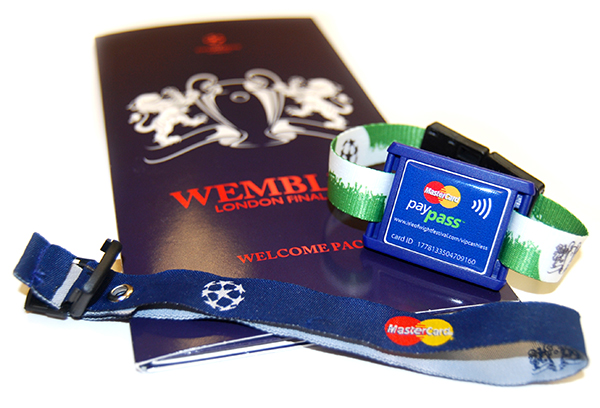
It uses emerging technologies to thwart fraudsters and make events more secure, while also reducing queues with its cashless systems.
This contract medical device manufacturer turns ideas into reality. Founded as Wilj International in 1977, it works with all kinds of clients, from blue-chip companies to nutty professors, taking projects from design and development to prototyping, volume manufacturing and then distribution worldwide. It has subsidiaries in Virginia and Shanghai and has begun research and development on its own projects. Its name stands for Integrated Technologies Limited.
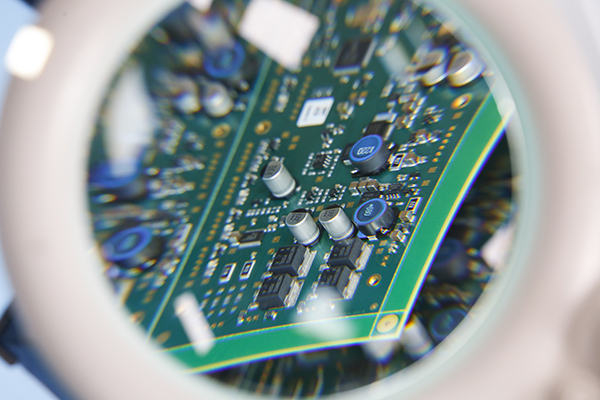
It allows start-ups and established firms alike to turn ideas into reality with its manufacturing and engineering expertise.
This small team of engineers are experts in how to fill and empty liquid tankers – and stop workers falling from height. They are specialists in transferring liquids on a large scale and make loading arms used to fill oil tankers. Founded in 1996, it has clients across Africa, the Middle East and Asia in the chemical, aviation, fertiliser and petroleum industries. Its marine loading arms transfer liquids and gas across all vessels from river barges to super tankers. Its technology also helps transfer fuels in freezing conditions on hard-to-reach oil rigs, particularly in Russia. It also makes platforms to ensure workers use their equipment without risk of falling.
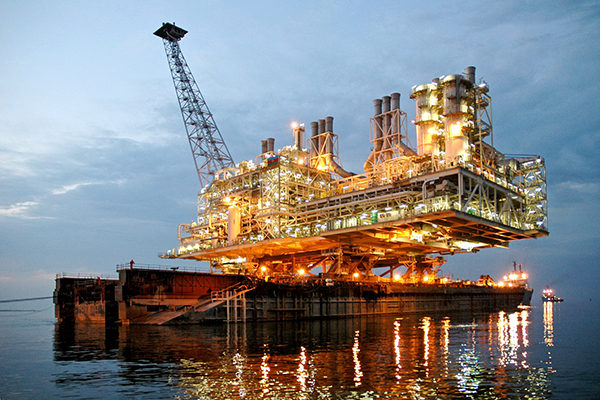
Its innovations allow the oil and gas industry to work more efficiently and safely.
It is a common misconception that Pfizer left Kent in 2011 when it announced it was closing its research site in Sandwich. It actually still employs about 700 people in a smaller space on the site, which has gone on to become the successful technology estate Discovery Park. While its research operations have been scaled back, the company’s business model has evolved to focus on development and provides as important route to market for small science companies. Its site in Discovery Park focuses on pharmaceutical sciences, worldwide safety and regulatory compliance and quality assurance.
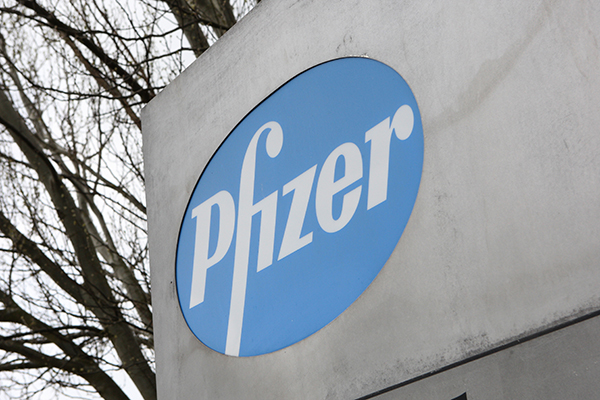
It has become a developer for small firms focused on research who often struggle to fund the development phase of their ideas.
A designer and manufacturer of camshafts used in Formula 1, Le Mans, Touring Cars and British and European Rallycross. Launched in the 1960s, it moved to its 25,000sq ft factory in Folkestone in 2007. It typically makes prototypes and small batches for racing cars. It continually invests in research and development to keep up with vehicle manufacturers as they produce lighter and more efficient engines. It also makes exhaust systems and devices to measure airflow.
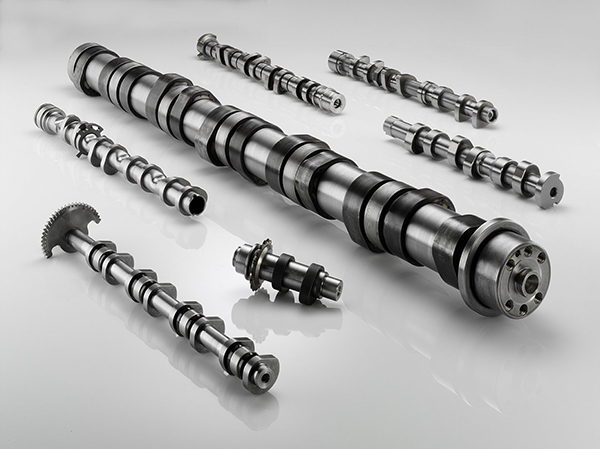
It is at the forefront of automotive design and its products are used in racing cars around the world.
Loved by green fingered folk across the country, this company makes gardens grow. Its Empathy range of products helps plants extract nutrients from soil and hold water in difficult conditions. This is done using mycorrhizal fungi, the organisms which boost the roots of plants, which have been researched and produced by the company. Its production facility is based in greenhouses at Kent Science Park.
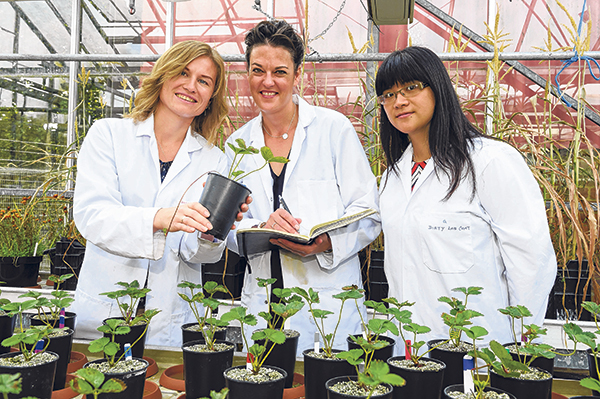
Alongside its domestic uses, its innovations are being used in agriculture, where it cuts back the need for fertiliser.
This firm has developed a wearable device which predicts the onset of an asthma attack before it occurs by analysing breathing and coughing. Its product, called CoughAware, is due to launch later this year. It can be worn as a necklace and monitors coughing. If it detects abnormal breathing patterns, it will automatically send a text message to carers notifying them of an imminent asthma attack. It can also be applied to cystic fibrosis patients and people with chronic obstructive pulmonary disease.

It is designed to help asthma sufferers, in particular children, live fuller lives and give their families and carers peace of mind.
A biotech company which extracts deadly venom from spiders and snakes to sell to drugs researchers. Its founder Steve Trim was a molecular biologist with Pfizer for 10 years before he set up the firm in 2010. He launched the business after struggling to get good candidate molecules for his drug discovery programmes with the global firm. Its products are made with the venom of snakes, lizards, snails, insects, scorpions.

There are properties in venoms that can be used in the development of medicines. The death stalker scorpion’s venom, for example, is a valuable tool for curing cancer.
Part of the University of Greenwich at Medway, it has world-leading expertise in the handling of powders. Its clients include Nestle, Unilever, BASF, Pfizer, RWE, E.ON, Vattenfall and GlaxoSmithKline. Its research has come up with more efficient ways of moving and mixing powders, which it refers to as “bulk solids”. Its huge range of equipment allows it to mock up a client’s whole handling process or logistics chain, at near- or full-scale, in its 4,843sq ft plant. It also trains about 300 engineers each year from around the world.
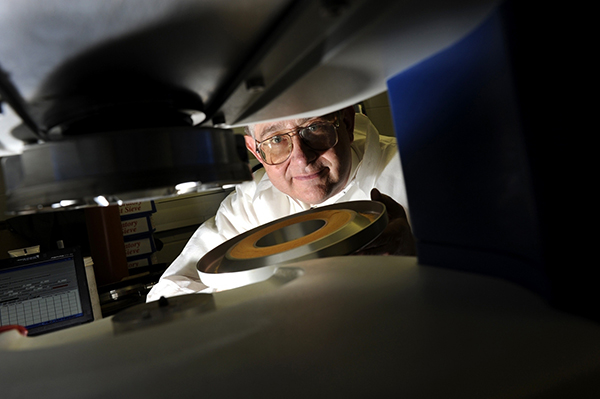
It is relied on by the food and pharmaceutical sectors as one of only three groups of experts in the world in the field of handling powder, with the other two based in Australia.

The Future List is brought to you by Kent Business. Click here for more business news


What's for dinner? Plan meals, try new foods and explore cuisines with tested recipes from the country's top chefs.
Trying to find the right nursery, school, college, university or training provider in Kent or Medway? Our Education Directory has everything you could possibly need!